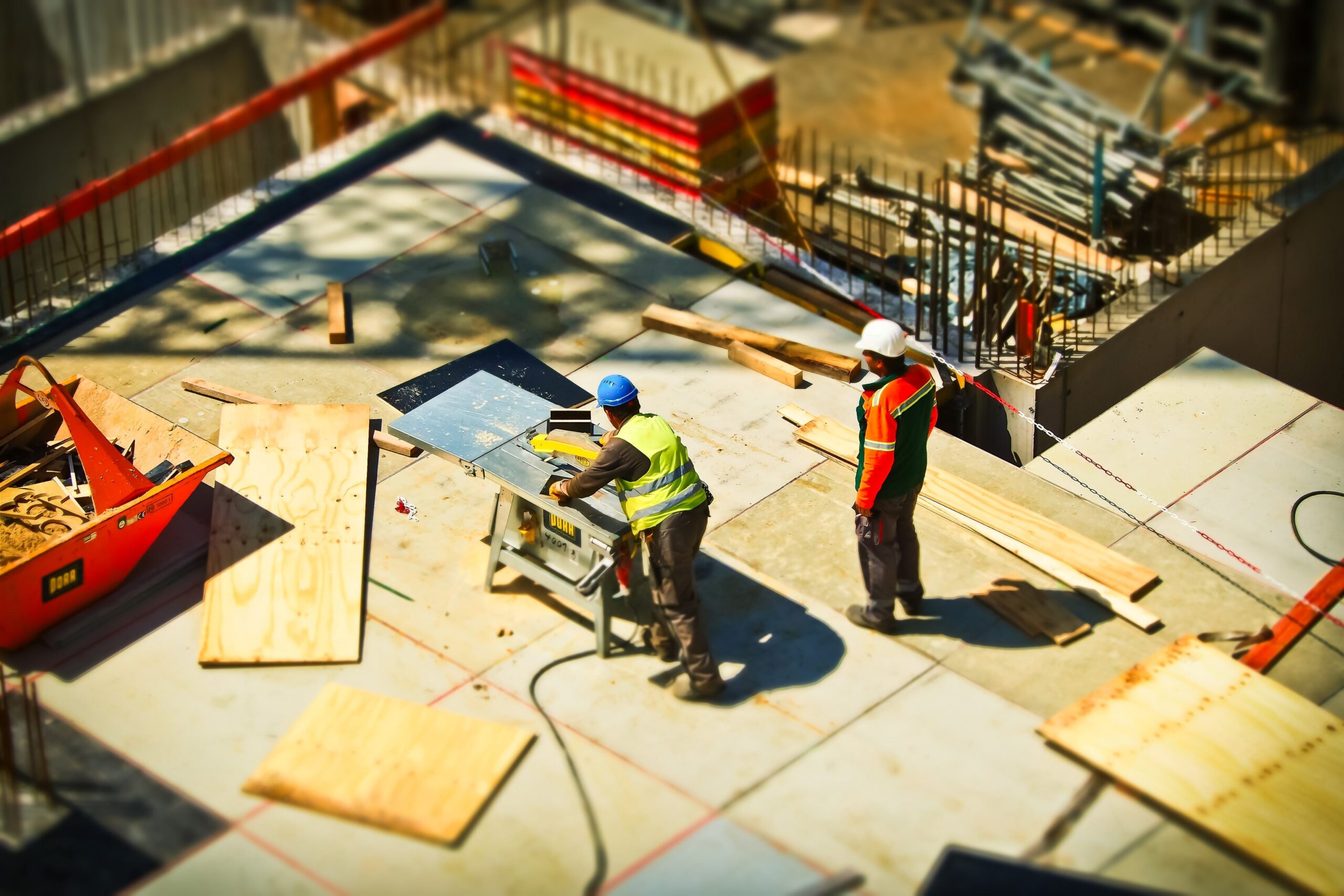
When are Building Permits Needed For Philly?
A building permit is like a permission slip from the local government that gives you or your contractor the green light to start a construction or remodeling project on your property. It’s a way of ensuring that the work follows the rules and regulations in your area.
Securing the right permits for your home renovation can be a breeze when you know what to do. Skipping the permit process might seem tempting, but trust us – it’s like steering into a storm of headaches and expenses (and likely lawsuits) later on.
Let’s simplify it for you. Building Permit rules vary from city to city, and that’s where Console Matison Attorneys at Law come in as your permitting partners. We ensure you have all the essentials for your project, making the process a breeze. If you’re the hands-on type, and prefer the DIY approach, check out Philadelphia’s Department of Licensing and Inspection website. It’s a GPS for Philadelphia Code, providing insights into real estate licenses, permits, and local requirements.
When is a building permit necessary?
If you’re changing anything about your home you will likely need a permit. Good news is, some tweaks don’t need paperwork such as:
-Everyday home fixes
-Adding some flair with paneling
-Sprucing up with masonry pointing
-Installing cabinets or countertops
-Getting artsy with painting or papering (as long as it’s under 0.036”)
-Swapping small exterior steps
-Setting up cool portable gadgets like heaters or ventilation gear
By browsing Philadelphia’s Department of Licensing and Inspection website for all the details and you can determine whether your project requires a building permit.
How do I get a building permit?
You can either apply for a building permit by going in person to the License and Inspection department at the Philadelphia Municipality Building (1401 John F Kennedy Blvd, Philadelphia, PA 19102) or by applying online at the Eclipse website, Philadelphia’s online portal for license and permit applications.
Usually, your General Contractor takes the lead, sorting out the permit paperwork, and you foot the bill. This practice is commonly called “pulling” permits and your Contractor will (or should) let you know whether or not they will be the ones pulling permits for the project.
Can I get a building permit on my own?
You can jump in and file the permit application yourself. It is vital to make sure your contract with the contractor is crystal clear on who is responsible for the permits to avoid any bumps in the renovation road. If you find yourself in a situation where the contractor isn’t handling permits, and DIY seems daunting, the attorneys at Console Matison are ready to lend a hand and guide you through the permitting process. It’s all about keeping things clear and ensuring a seamless renovation experience.
How long does the permitting process take?
Permits typically take about 15 days for a residential property and a bit longer for other types. Timing varies on a project by project basis. Submit applications early, so you can kick off smaller home upgrades while the paperwork makes its way through the review process. It’s like giving your project a head start – smart move, right? Keep it snappy and stay on track!
How much do building permits cost?
There’s a $25 fee when submitting your application for a building permit. As for the permit cost itself, it depends on various factors such as your home’s size, the complexity of your project, the value of your renovation masterpiece, inspection fees, and the number of permits you need. These fees are typically not pocket change, so slot these costs into your renovation budget.
Do I really need a permit?
Yes, you do need to acquire a building permit when necessary. Building permits are a crucial requirement for most home renovations. If you’re contemplating bypassing the permit process, think twice. It might seem like an enticing shortcut, but the repercussions can be substantial. Ignoring the need for a permit puts you on a risky path with serious consequences.
What are the consequences of skipping a building permit?
The consequences for renovating without a building permit include but are not limited to your insurance coverage vanishing if anything goes awry in your unpermitted paradise and city fines. Violating building codes and regulations can result in hefty penalties, and the City could even require your renovations to be removed..
Picture this: after completing your dream renovation, you could face the unsettling demand to undo it if you haven’t adhered to permit rules. Planning to sell your property in the future? Brace yourself, as lenders may hesitate to provide loans for properties with unpermitted work, and potential buyers might be scared off by sketchy remodels.
Long story short – playing by the rules might seem like a drag, but it beats the drama and costs of renegade renovations. Stay legit, save yourself the trouble! If you need any help navigating the permitting please feel free to reach out to the zoning, permitting and real estate attorneys at Info@PhiladelphiaZoning.com.

